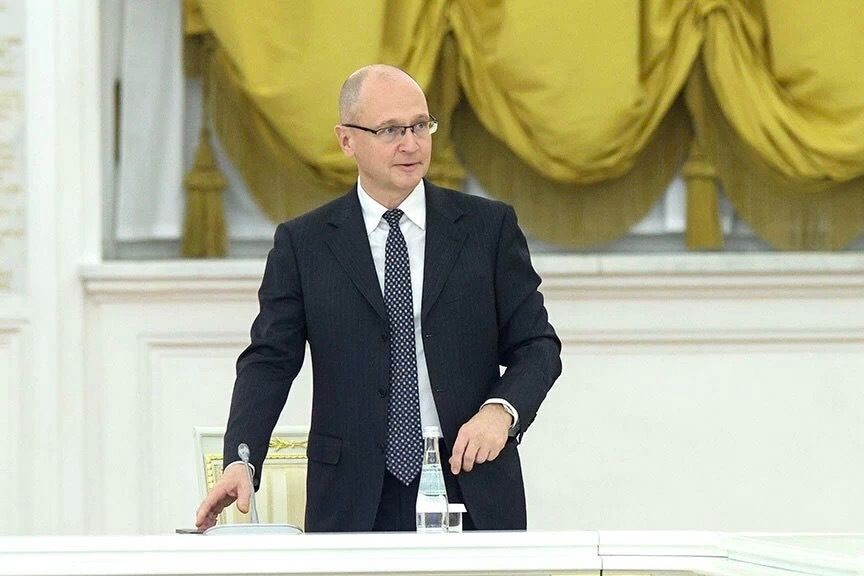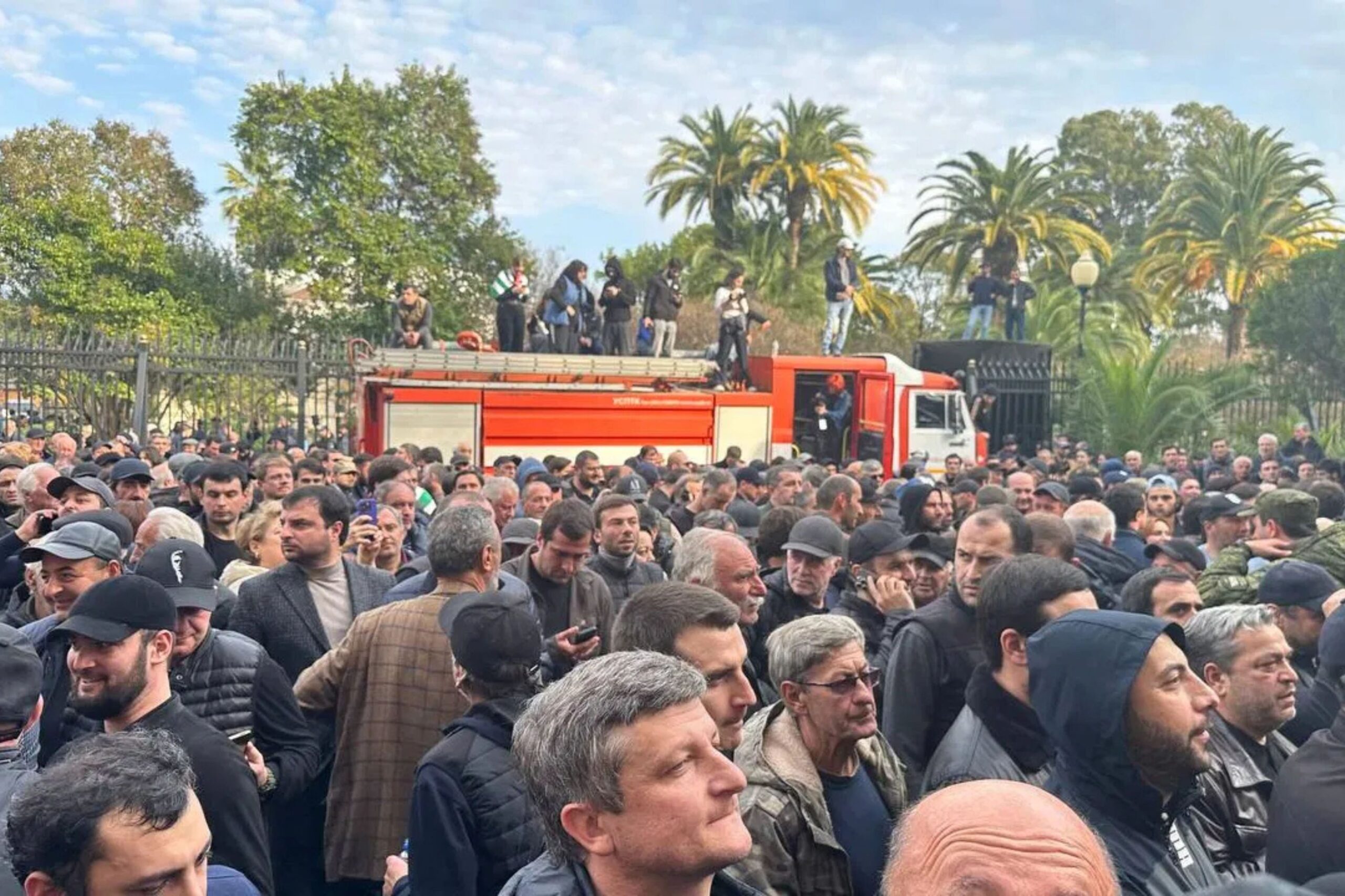
On Wednesday, the Russian daily Vedomosti reported that the First Deputy Chief of Staff of the Russian Presidential Administration, Sergei Kiriyenko, will be ‘tasked’ to advance Russian interests in Armenia ‘through soft power’ ahead of the 2026 parliamentary elections.
Vedomosti cited four federal officials and two Russian Presidential Administration sources in its reporting.
Kiriyenko, together with the employees of the departments under his command, ‘have begun to work on the topic of Armenia’, which primarily ‘means work in the interests of the president, because it will ensure the fulfilment of state tasks’, Vedomosti cited its sources as saying.
The outlet further noted that at this stage, ‘informational rather than electoral work will be carried out’, and that Kiriyenko’s agenda was already underway.
‘The [Armenian] leadership is increasingly drifting towards the West, which is unacceptable from the point of view of Russian state policy’, one source said.

The sources also claimed that ‘new tasks will be set’ for the Russian officials closer to the 2026 parliamentary elections in Armenia.
‘They will work in much the same way as they did during the last elections in Abkhazia’, Vedomosti wrote.
Badra Gunba won the presidential elections in Abkhazia in early March. He had previously served as vice president to his predecessor, Aslan Bzhaniya, who resigned amidst protests centred around a controversial agreement that would offer tax exemptions to Russian entities launching projects in Abkhazia.
Russia is widely seen to have tipped the scales in Gunba’s favour to help him best his competitor, opposition figure Adgur Ardzinba.

According to Vedomosti, Kiriyenko and his team were assigned to work on Abkhazia, South Ossetia, Moldova, and Transnistria.
‘The sources say that tasks for Armenia are assigned to the Domestic Policy Department (headed by Andrei Yarin), the Department for Monitoring and Analysis of Social Processes (Alexander Kharichev), and the Department for Public Projects (Sergey Novikov)’, Vedomosti wrote.
Despite Russia mobilising its efforts ahead of the Armenian elections, the sources ‘assume[d]’ that Prime Minister Nikol Pashinyan ‘will win’ again, adding that ‘the issue now is not the elections, but Russia’s presence [in Armenia]’.
The sources noted that ‘there is no one to speak for Russia’ in Armenia, and that aside from ex-presidents Serzh Sargsyan and Robert Kocharyan, ‘there are currently no pro-Russian politicians’ in the country.
On Tuesday, Hraparak, an Armenian tabloid media, cited its sources as claiming that Kiriyenko’s appointment was ‘not accidental’, instead it was carried out at the request of ex-president Kocharyan, who, according to the report, met Russian President Vladimir Putin ‘weeks ago’ during his visit to Moscow.
On 12 April, Hrapark wrote that Kiriyenko was appointed ‘around a month ago’.
Hraparak also wrote that following Kiriyenko’s appointment as a liaison in the elections, several Armenian opposition figures ‘more or less acceptable to the Kremlin have recently traveled to Moscow and had meetings at various levels’.
‘The Russian authorities have reservations about only one person — Serzh Sargsyan — and have no intention of revising their position. All the others have been told: work, fight, become active — we’ll see who proves to be more influential and viable, and that’s who we will support’, Hraparak claimed.
The freefall of the bilateral ties between Armenia and Russia largely began following the lack of support from Russia and the Moscow-led Collective Security Treaty Organisation (CSTO) during the Azerbaijani attacks on Armenia in 2021 and 2022. Another major reason was the ‘inaction’ of Russian peacekeepers in Nagorno-Karabakh, when Azerbaijan placed the region in a nine-month blockade and forced it to surrender in a culminating lightning offensive in September 2023.

For ease of reading, we choose not to use qualifiers such as ‘de facto’, ‘unrecognised’, or ‘partially recognised’ when discussing institutions or political positions within Abkhazia, Nagorno-Karabakh, and South Ossetia. This does not imply a position on their status.










